The war over audiobooks is about to heat up!
Whether you listen to audiobooks yourself or not, the growing demand from readers/listeners is proof that there are plenty of others that do. And new companies are jumping into the market with increasing regularity, often bringing unique options, different payout structures or expanded markets that create further opportunities to the authors willing to provide the content. So whether you’re already in the audio game or just getting ready to dip your toe in and get started, it’s vital that you understand the market and what’s going on in it. So read on for a rundown of audiobooks, the options, recent developments, and some tips on how to get started!
Legendary entrepreneur Gary Vaynerchuk has built a hundred million dollar business off the back of social media – and he has advice for those still looking to cash in: “The same way I felt about social media in 2006/7/8, I feel about podcasting, audio and voice today in 2019.”
For those of us in self-publishing, this leads to the inevitable question of how we can use this opportunity to our advantage – and audiobooks seem to be the answer. Even if you don’t take into consideration the news stories raving about audiobook profitability, you can see how the marketplace is heating up by the fighting that is already underway.
Amazon is currently embroiled in what the news is calling #Audiblegate – based on their decision to offer Audible subscribers a free refund of credits for books they’ve listened to within the past twelve months; robbing authors and narrators of income they’ve already been paid.
Subscription service Spotify have also started to circle the field, with Michelle Obama, Kim Kardashian, and Joe Rogan signing exclusive podcasting deals, and audiobook authors anticipated to be next in line.
According to Kindlepreneur, audiobook sales have grown 30% year-on-year since 2016, so clearly, audiobooks are going to be a larger and larger part of the marketplace – and this leaves many authors wondering where to even start being a part of it all!
Entering the Audiobook Marketplace
When it comes to eBooks, Amazon still rules the roost – and at first appearance, this might seem true of Audiobooks, as well. When you check out a book product page on Amazon, you’ll often have the Audible audiobook version offered right alongside the paperback and Kindle edition – and because Amazon owns Audible, it takes little more than a click to start listening.
Audible also hosts the most significant entryway to the audiobook market – ACX, or the Audiobook Creation Exchange. This is a place where self-published authors and aspiring narrators can get together to turn the written word into the spoken story.
ACX offers entrance to Audible, Amazon, and iTunes for audiobook sales – so at first glance seems like a great place to start. However, #Audiblegate is just one of the issues that has arisen for ACX customers in recent months. In addition to unanswered questions about royalties and return rates, ACX is currently running very slow in quality-checking finished audiobooks; meaning there can be a delay of months before a finished audiobook hits the marketplace.
For this reason, an increasing number of alternatives are popping up for aspiring narrators and audio authors. One of the most significant is Authors Republic – which works a little like Draft2Digital by serving as the one-stop-shop for authors and narrators to reach 50 different global marketplaces and receive 70% of royalties.
Other notable alternatives include Findaway Voices, Listen Up Audiobooks, and Kobo Writing Life; with more emerging all the time.
Clearly, there are opportunities out there for authors who want to see their books turned into audiobooks; and a shortage of titles available for eager listeners! It’s the perfect time to enter the marketplace – but is it quite as simple as it seems?
Overcoming the Obstacles
One of the advantages of self-publishing, especially eBooks, is that the barriers to entry are low. Anybody with Microsoft Word and a bank account can publish and profit from an eBook – but audiobooks are a different story.
Just like eBooks need to have polished covers, slick editing, and effective promotion to become successful, audiobooks need to sound professional to pass muster; and that is a more involved process than many people realize.
Voice over artists have expensive equipment, dedicated recording spaces, and commit hundreds of hours to narration. Simply reading a manuscript often takes double the amount of time than the finished narration; and that’s not taking into account the editing and production process.
The problem is that the human ear is one of the most sensitive organs out there; and even a seemingly inconsequential issue with the sound quality of an audiobook can have listeners clicking for a refund. This is why creating audiobooks is not something just anybody can do.
But for a self-published author, the price of hiring a professional to record and produce your audiobook can be daunting. Most voice over artists charge the Union-equivalent rate of $225 per finished hour of audio; so even a modest-length book can end up costing $2,000 or more to produce to a standard that meets the expectations of Audible or iTunes listeners.
For successful authors, this becomes an investment; generally guaranteed to provide a return given enough time. However, for authors still struggling to sell enough eBooks to meet their costs, this is more of a gamble than an investment; and not one that should be taken lightly.
Another option is a partnership – like those offered by ACX. In this model, the author and a potential narrator agree to split royalties from a finished audiobook once it enters the marketplace.
On one hand, this offers a great deal – with the author not having to lay down a significant investment to get their book recorded, and the narrator having a potential lifetime of royalties to look forward to, rather than a flat payment.
The problem, however, is that the time commitment and uncertainty remain the same for the narrator; and this means that authors often have a problem finding talented voice artists willing to take the gamble on their project. This is why many of the more in-demand voiceover artists prefer to receive payment upfront, or at least some kind of split between an upfront payment and a share of future royalties.
Annoyingly, this often leaves self-published authors in exactly the same situation they started from; with laying down a significant upfront payment the only way to guarantee production of an audiobook.
How should you proceed?
If you were looking for an easy solution to this complex problem, you’re going to be disappointed – but there are some tips and advice that we can share which should prove useful.
Audiobooks are a reality. You might not be in a position to start turning your books into audiobooks right now, but be aware that you’ll be leaving money on the table the longer you don’t. Start researching audiobooks in your genre/category and begin the process of thinking about how you’d like your books to appear.
Investments pay off. While the idea of a profit-sharing arrangement with a narrator has a lot of appeal, it’s worth thinking if that’s a choice you really want to make. As audiobooks become more popular, you’ll be handing over a percentage of your earnings forever. There’s a reason the biggest authors pay upfront and wait for a return on their investment; and if you’re not quite ready to take the plunge yet, it’s worth thinking about saving up and keeping ownership of your property when you are ready to jump into the audiobook market.
Profit reflects performance. Most authors report that audiobooks make up a percentage of their book sales – sometimes as much as half! But its rare that audiobooks outperform their printed/digital versions, so you can use that to price out potential return on investment. If you’ve got a book delivering $500 in sales every month, you might conservatively estimate $250 income from audiobooks; which means it would take up to 10 months to get your investment back if you paid upfront for narration and editing. This helps rationalize the decision to invest in audiobooks.
Keep your ear to the ground. Spotify’s recent purchases suggest that they’ll be moving into audiobooks in a big way, and that might totally change the marketplace. Currently, audiobooks are sold (or purchased with credits) like books used to be; but most agree that a subscription model like Kindle Unlimited will probably end up being the most popular choice. For that reason, keep researching the marketplace; because your point-of-entry might end up being completely different to how you envision it now.
Opportunity awaits!
For a lot of aspiring self-published authors, audiobooks are like a ripe, juicy apple – mouthwatering, but just out of reach.
However, as demand continues to grow, this will change; and it’s the authors who take the plunge early who’ll end up reaping the rewards.
It’s hard to believe that self-publishing on Kindle barely existed a decade ago; and the early adopters ended up producing prodigiously successful authors like Amanda Hocking. Today, competition is fierce; but Amanda’s position in the marketplace has been carved out for her by virtue of being there first (and, ahem, also being talented.)
When it comes to audiobooks, though – the next Amanda Hocking could be you. Opportunities already exist in this area, but more opportunities are being created every day; and soon the rest of us will be playing catchup while the brave and the bold profit from their foresight.
With the rise of voice-activated devices like Siri and Alexa, and the promise of being able to catch up on your reading while driving or multitasking, the appeal of audiobooks appears undeniable. The question now becomes whether or not you’re committed to taking advantage.
What do you think about audiobooks? We’d love to know your experiences in this marketplace. Leave a comment below and let us know!




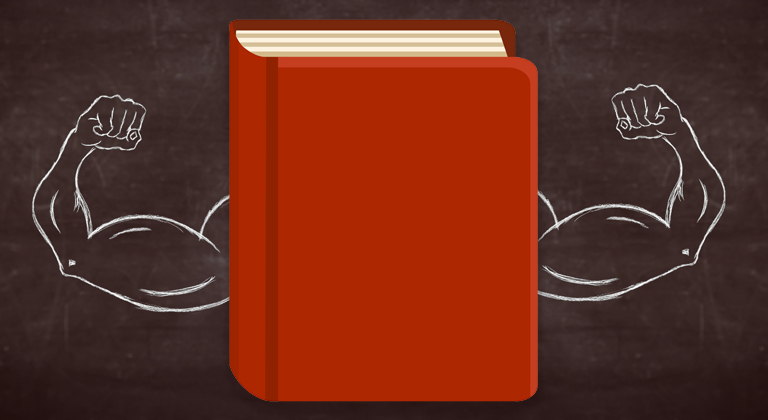
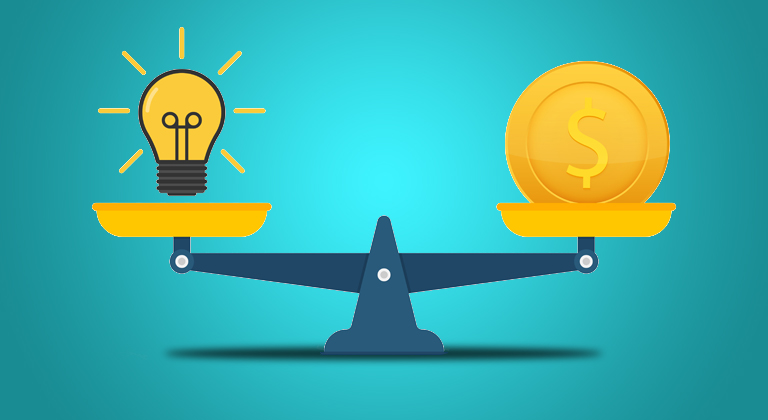

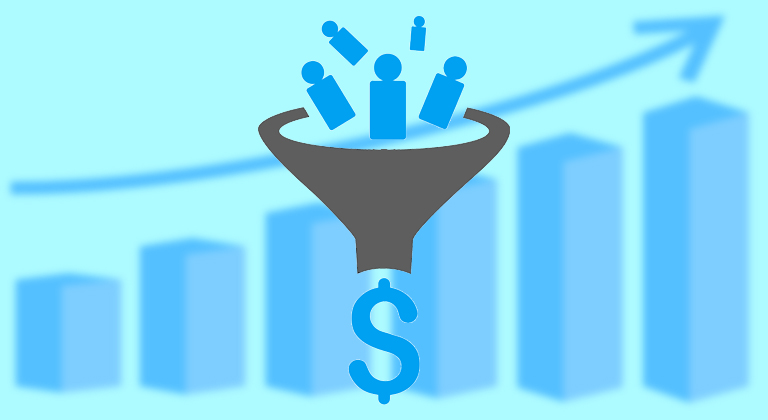
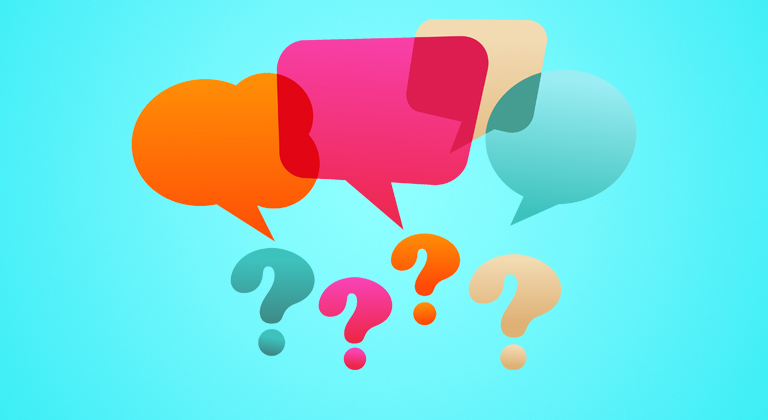

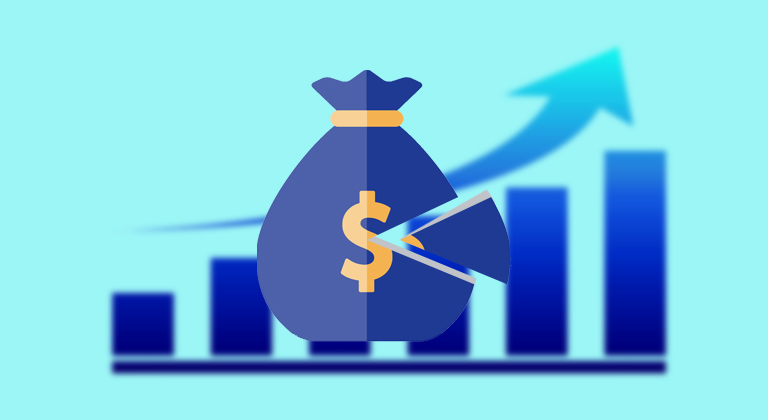

Is there any concern that Spotify entering the market is bad news for authors? Spotify hasn’t been a windfall for musicians, has it?
Hard to say, there are a lot of issues with songs that differ from books. Musicians are paid per song that is listened to, and while they are paid very tiny amounts for each, it only takes a listener a couple mins to listen to a song and they may listen over and over. For a book, it’s not like they can just charge per chapter, they would need to really charge per book and people aren’t listening to most books over and over, and it takes a lot longer to listen to an entire audiobook (or even a chapter) than a single song. So they would really have to pay a lot more. And as with KU, I’m sure it would be up to each author to enroll and agree to the terms so if it isn’t favorable, they can just pass on it. But we’ll have to wait and see how it all plays out.
Audiobooks Unleashed (run by narrator Sarah Sampino) is another alternative to ACX that offers much better returns than Authors Republic (with AU, you get 80 to 90 percent of royalties, instead of 70 percent) plus they offer flexible contracts including royalty share in any percentage agreed upon (and between as many people as you wish – making dual and duet narration royalty share possible), or deferred payment (where the narrator receives all royalties until their normal fee is paid, then the rights holder receives all the royalties). They also mean rights holders outside the US, Canada, Ireland and the UK have access to royalty share, plus Audiobooks Unleashed do “wide” or ACX-exclusive. So they’re a new avenue that’s becoming very popular.
Awesome, thanks for sharing that Amy! We’ll keep an eye on that site as it sounds like another great option for authors.